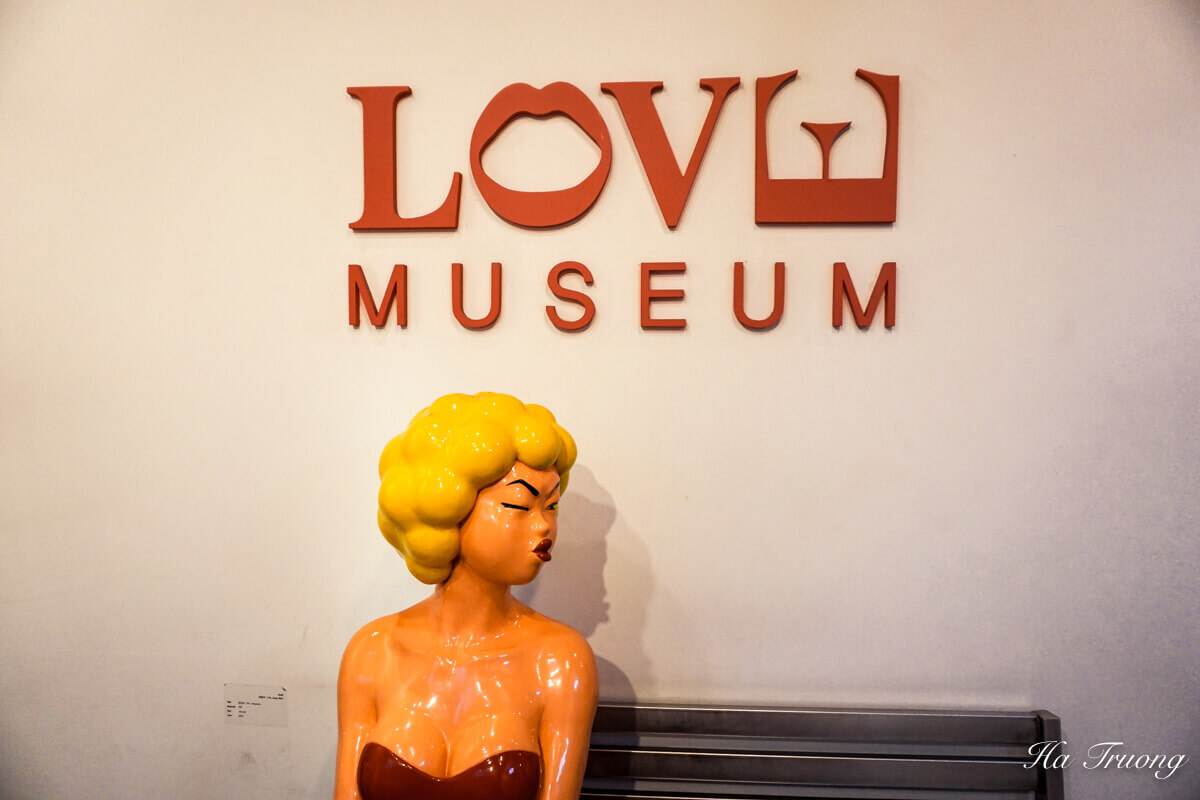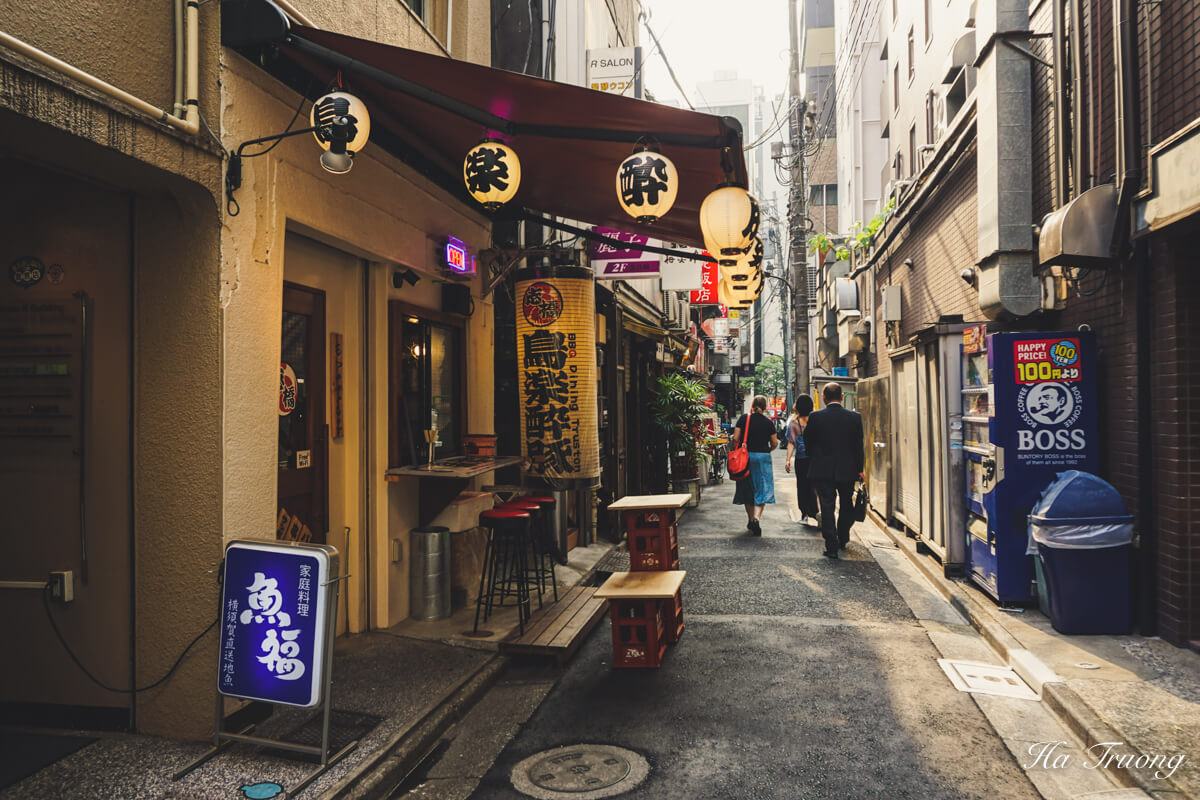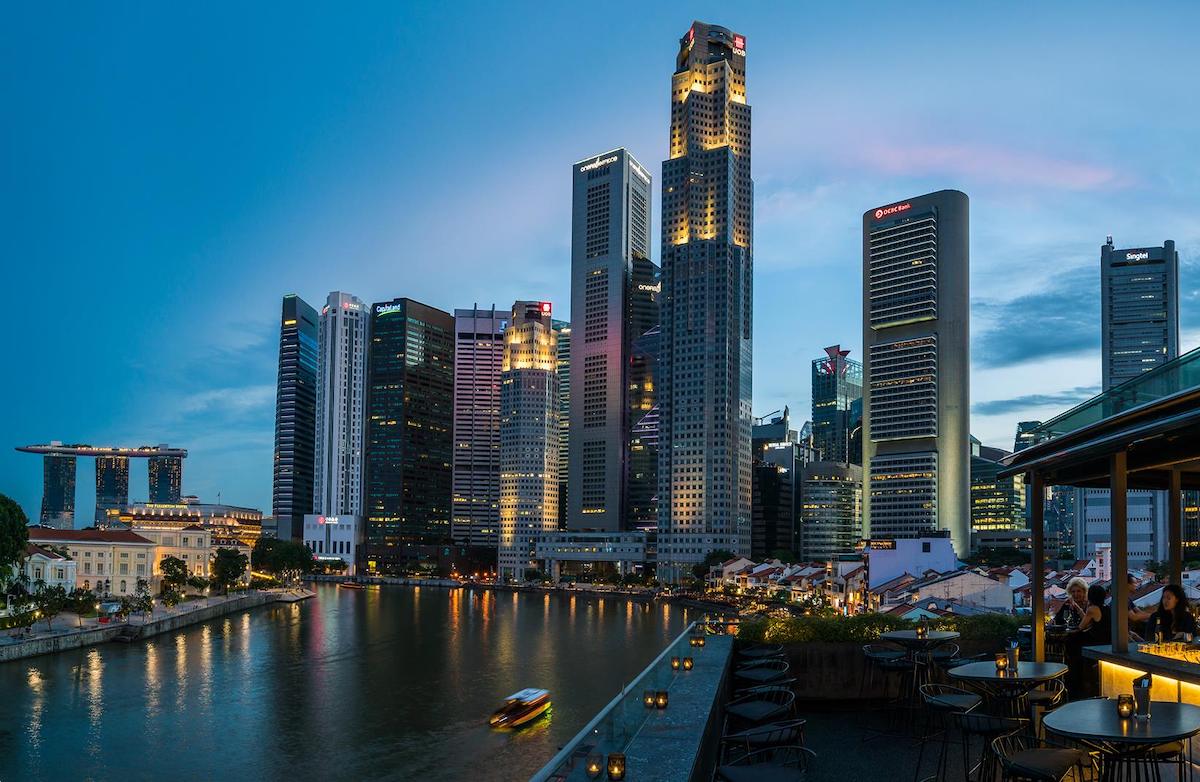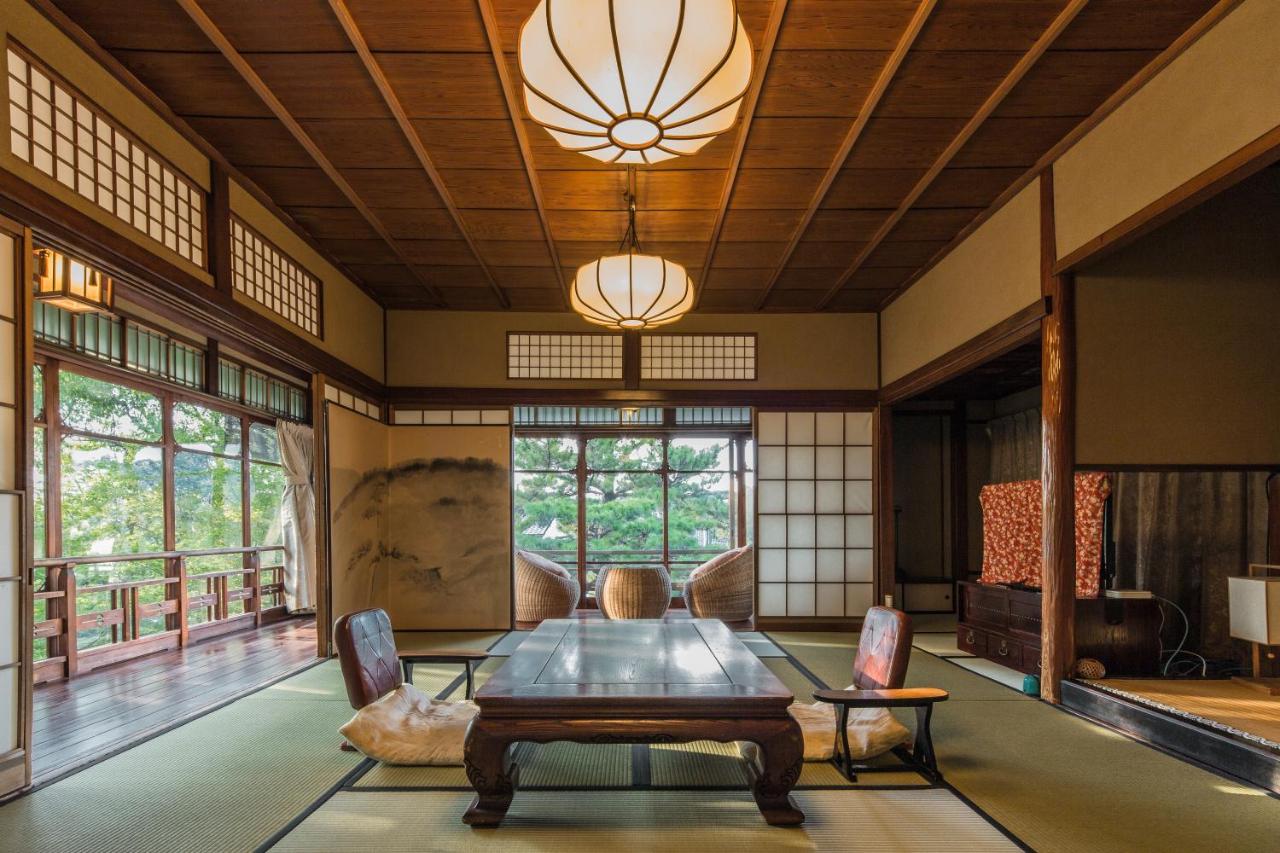Important Festivals & Public Holidays In Japan
Festivals and public holidays in Japan are spectacular occasions that consist of cultural events. Below is my list of important festivals and public holidays to join in.
Holidays in Japan
| Name | Date |
|---|---|
| New Year’s Day (元日, Ganjitsu) | January 1 |
| Coming of Age Day (成人の日, Seijin no Hi) | Second Monday of January |
| National Foundation Day (建国記念の日, Kenkoku Kinen no Hi) | February 11 |
| The Emperor’s Birthday (天皇誕生日, Tennō Tanjōbi) | February 23 |
| Showa Day (昭和の日, Shōwa no Hi) | April 29 |
| Constitution Memorial Day (憲法記念日, Kenpō Kinenbi) | May 3 |
| Greenery Day (みどりの日, Midori no Hi) | May 4 |
| Children’s Day (こどもの日, Kodomo no Hi) | May 5 |
| Marine Day (海の日, Umi no Hi) | Third Monday of July |
| Mountain Day (山の日, Yama no Hi) | August 11 |
| Respect for the Aged Day (敬老の日, Keirō no Hi) | Third Monday of September |
| Sports Day (スポーツの日, Supōtsu no Hi) | Second Monday of October |
| Culture Day (文化の日, Bunka no Hi) | November 3 |
| Labor Thanksgiving Day (勤労感謝の日, Kinrō Kansha no Hi) | November 23 |
New Year’s Day: January 1 to January 3
New Year’s Day in Japan starts from January 1 to 3 and celebrates the beginning of the new year.
This national holiday allows people to take a few days off and return home with family and friends.
On this special day, Japanese people will get involved in Oosouji (big cleaning), taking time to dust, sweep, and scrub across their homes.
Also, they practice many traditional activities like giving lucky money to kids, eating Toshikoshi soba, and buying Fukubukuro (lucky bag).
There are plenty of activities to do on those days. Thousands of people flock to shrines and temples to pray for a healthy and happy year.
Also, don’t miss the countdown parties at the main cities or watch the fireworks. Check out Tokyo DisneySea to have fun during New Year’s Day too!
Coming of Age Day: second Monday of January
Coming of Age Day is considered a national holiday in Japan, taking place on the second Monday of January. The day congratulates those who reach the age of maturity.
On this meaningful day, men wear suits, and women join the ceremony in colorful furisodes and kimonos with long sleeves.
To see what the ceremonies happen, you can get to local government city halls and offices in every town in Japan. There, someone of high status will remind them of their new responsibilities.
After the ceremony, Japanese people go to a local shrine with families and friends to pray for success and good health. They also throw a party at restaurants and izakaya with loved ones.
National Foundation Day: February 11
One of the national public holidays in Japan is National Foundation Day, celebrated on February 11 every year. Like Independence Day in Vietnam, this is the day for people to manifest patriotism.
During this day, there’s a National Foundation Day parade in Tokyo, where you’ll watch patriots waving flags and carrying portable shrines to the nearby Meiji Jingu Shrine.
If you’re not in Tokyo, you can experience the Japanese culture by watching the parade live or on TV.
In addition to Meiji Jingu Shrine, other Shinto shrines also host a celebration known as Kigensai, seeing procession participants take portable shrines to the grounds.
Besides, many people travel to the Imperial Palace in Tokyo’s Chiyoda Ward to pay their respects and visit elegant castles.
The Emperor’s Birthday: February 23
The Emperor’s Birthday is to celebrate the birthday of the reigning Emperor. It is time for Japanese people to have fun and express their patriotism by hanging the national flag of Japan on their homes.
If you want to write a letter to the Japanese Emperor, head to street vendors to buy some parchment and postage.
Ever want to see and hear the real Emperor? Here’s the chance for you to do so.
On the Emperor’s Birthday, anyone can visit the inner grounds of the Imperial Palace.
Inside, there’s a large ceremony in which the empress and Imperial family members look at the crowds from the balcony to receive birthday congratulations and greet them.
Showa Day: April 29
Showa Day is a public holiday in Japan happening on April 29 to commemorate the birthday of Emperor Hirohito.
Being the first holiday of the four national ones within Golden Week, many people in Japan can enjoy a work-free week.
This holiday celebration isn’t filled with festivities and music. Instead, people tend to spend the day at local shrines or visit Musashino Imperial Mausoleum.
Not to mention attending a public lecture on Showa Day, they use this break to engage in more peaceful activities like picnicking nearby cherry blossom trees.
Constitution Memorial Day: May 3
The second holiday of the Golden Week is Constitution Memorial Day, falling on May 3 annually. The weather in May in Japan also begins sunny and warm, making it an ideal time to travel.
To celebrate the day by reflecting upon democracy and the role of government, the National Diet Building in Chiyoda opens up to visitors to take photos with the building’s façade.
Everywhere else like Hamamatsu City holds large festivals, including Brazilian Samba dancing and parades of Yatai and shrine floats. There are also tons of food stalls and live music performances around Hamamatsu Station.
Greenery Day: May 4
After Constitution Memorial Day, Greenery Day is not only reminiscing of Showa Emperor’s love of plants but also of Mother Nature’s wonders. It is this occasion for you to be closer to nature.
If you’re a tea lover, Greenery Day is the time to get the tastiest picking of green tea leaves at Ichibancha, where the first flush and top-quality tea is harvested.
Don’t miss visiting a Japanese tea house to try some. For those who wish to conserve the planet, let’s start living a bit greener by wasting less, buying less, or walking more.
There are dozens of outdoor activities to do, too. You can visit Tokyo Tower, which is illuminated with lively colors to celebrate Greenery Day.
Another way to unwind is to get to one of Tokyo’s many gardens and zoos, like Rikugien Garden, Hama Rikyu Garden, and Ueno zoo.
Children’s Day: May 5
Children’s Day is the final celebration in Golden Week, taking place annually on May 5. The day celebrates children’s healthy growth and happiness for the year.
From outside the homes, you may notice the flags shaped like carp fish, which look like they’re swimming in the sky.
Also, people enjoy Children’s Day with a popular snack in Japan is Kashiwamochi (rice cakes wrapped in oak leaves) and Chimaki (dumplings wrapped in bamboo leaves).
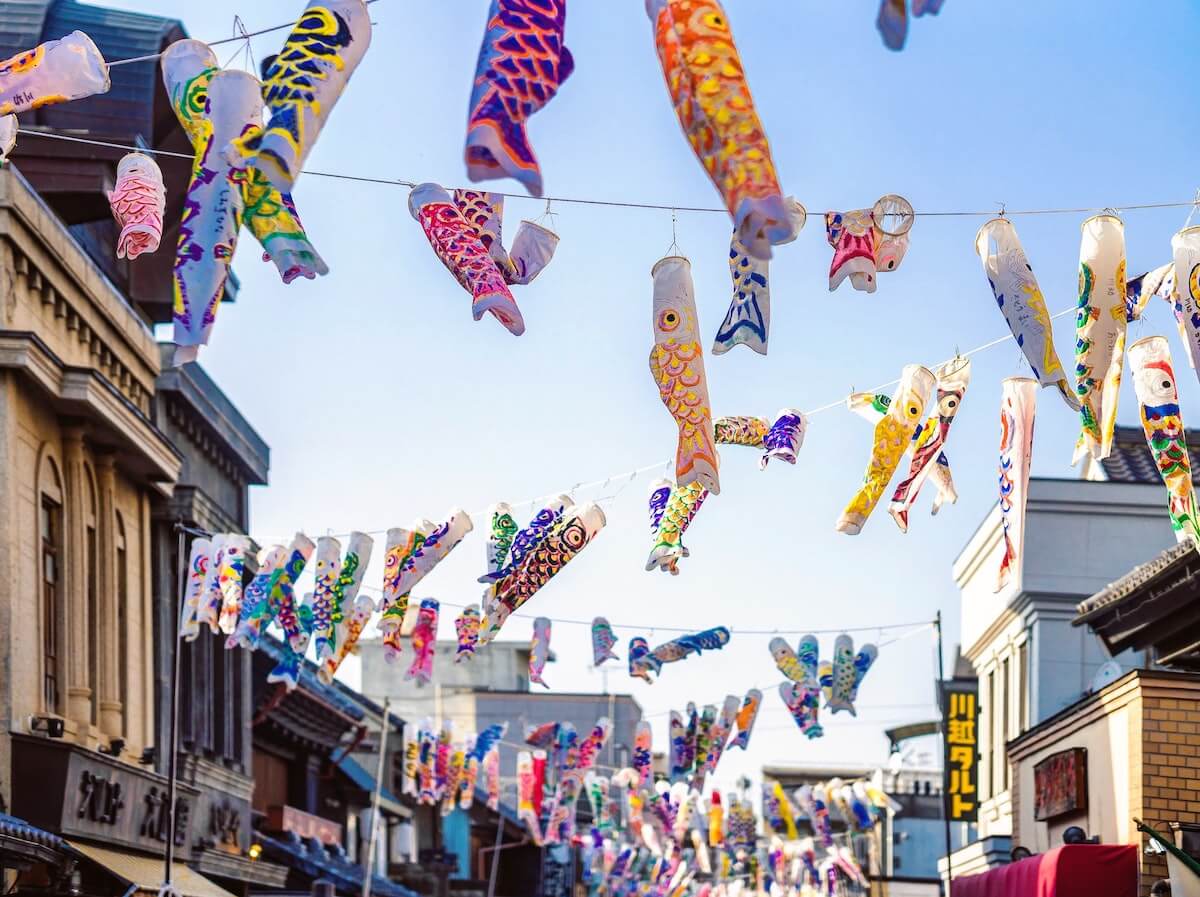
Marine Day: third Monday of July
As it’s on the third Monday of July, Marine Day is the perfect moment to get away from the scorching summer heat by snorkeling, surfing, and diving with friends and family.
One of the typical events at sea is mud-ball throwing. People don’t throw mud at each other but throw dried mud-balls filled with effective microorganisms into the water instead.
These balls help break down and reduce natural sea grime, thus making the waters a nice cleanse.
Suppose you don’t have the chance to visit a beach on Marine Day, then go to national aquariums like Tokyo Sea Life and Sunshine, which host special water-related events.
Mountain Day: August 11
While Marine Day allows people to participate in several water-related events, Mountain Day on August 11 is to join in mountain-related activities.
During the celebration of Mountain Day, people will take a special day to hike, trek, or climb Mount Fuji. You can also explore Mount Mitake, Mount Mito, and Mount Tsukuba.
If climbing isn’t for you, take a dip at an onsen like Oedo Onsen Monogatari in Koto City to relax and soak in the beauty of nature. Those who can’t partake in mountain biking can camp out near the base of a mountain.
Respect for the Aged Day: third Monday of September
On the third Monday of September, Respect for the Aged Day is a day to respect and appreciate the elders in Japan.
Giving the seniors gifts and gathering around your parents and grandparents during the holiday is crucial.
To celebrate the elderly, volunteers distribute free bento lunches and gift bags with essentials to older people.
Also, the seniors enjoy various Keirokai shows, including dances and songs children perform. If you stay indoors, watch older citizens on special programs to share their experiences and tips on how to live that long.
Sports Day: second Monday of October
Sports Day is celebrated on the second Monday of October to encourage a healthy and active lifestyle and commemorates the 1964 Summer Olympics held in Tokyo.
Parents make the most of this much-needed break to participate in physical activity or see their children at the sports festival.
During this day, many communities and schools in Japan host dozens of traditional track-and-field events such as relay, sprint, long jump, and tug of war.
Aside from popular ball-toss games, there’s a wealth of fun activities, including ball dribbling races, obstacle courses, three-legged races, and sack races. If you’re at home, practice stretching routine music on TV!
Culture Day: November 3
Culture Day on November 3 has an important meaning for all Japanese people. The day for culture, the arts, and academic achievement is the birthdate of the late Emperor Meiji, who ruled Japan in the past.
You can learn more about Japanese culture when visiting art museums and watching parades.
One of the biggest events on Culture Day is the Order of Culture Award Ceremony at the Imperial Palace. Here the reigning Emperor greeted those who contributed to the realm of science, art, and technology to present the award.
For things to do in Tokyo, head to Meiji Jingu Shrine in Shibuya, where you can view traditional music and Noh performances.
Labor Thanksgiving Day: November 23
Unlike Thanksgiving Day in the United States related to religion, Labor Thanksgiving Day in Japan is to honor the hard work of laborers.
Taking place on November 23, the day is suitable for a family trip to an amusement park.
On Labor Thanksgiving Day, people will show gratitude by giving thanks or special gifts to all workers. Although Japanese people don’t eat turkey on this day, as in the USA, they still have traditional meals and tea with their family.
